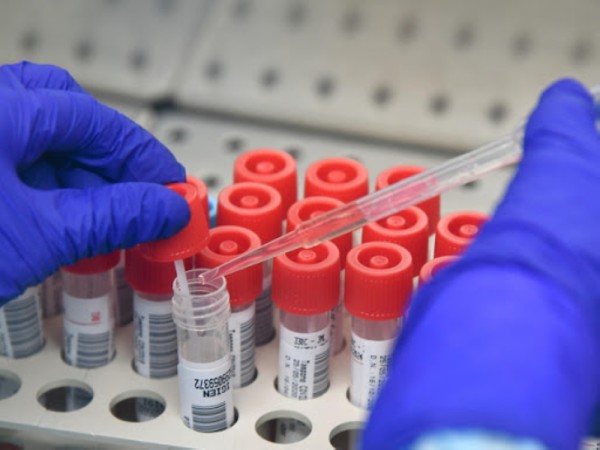
Muscat: People in Oman who have been vaccinated with the first dose of the Pfizer COVID-19 vaccine will begin receiving their follow-up shot from January 17, the Ministry of Health has said.
This is a continuation of the first phase of the country’s national immunisation campaign. In keeping with the previous rounds of vaccination, these follow-up shots will be given to frontline healthcare workers, the elderly, and those suffering chronic diseases.
As of Friday, 24,204 people were vaccinated with the first dose of the jab. The first phase of the national campaign witnessed a remarkable turnout by people from the target groups, thus achieving the desired coverage rate as planned.
This is due to the great efforts made by the relevant authorities at the central level and across the various governorates to overcome challenges at the level of field planning and implementation. This was also possible due to the high levels of community awareness over the importance of the vaccine. The rollout of the vaccination proves it is possible to educate individuals and groups of people over their responsibility towards receiving the COVID-19 vaccine, which will help counter the coronavirus pandemic.
The Ministry of Health will continue with the first phase of vaccinations, even after the second dose is administered to those who have already been vaccinated, until all the members of the selected target groups have been inoculated. Regular updates over subsequent target groups will be broadcast through media outlets and online channels.
“Vaccines have been distributed to all governorates, along with a clear mechanism for their distribution,” said Dr Ahmed bin Mohammed Al Saidi, the Minister of Health, at a recent press conference of the Supreme Committee to deal with COVID-19. “Although the Pfizer vaccine poses logistical challenges in terms of storage, Oman does have the capability to handle them and distribute them to the various governorates.”
He added that “The Ministry of Health booked 370,000 doses of the Pfizer vaccine, which will arrive in batches. We will also rely on the supply of the vaccine made by Oxford-AstraZeneca, and take care of its safe arrival and efficient distribution.” Al Saidi was disappointed to see people returning to the country throwing away their tracking bracelets, and said that strict penalties will be issued to those who don’t return them.
In the context of allowing university students to return to campuses, he added, “We have not received any requests from the Ministry of Higher Education, Research and Innovation for the return of university and college students.”
Large-scale gatherings are still not allowed until people in the country can display consistent commitment towards adopting the precautions to minimise the spread of COVID-19.
In this context, Al Saidi said, “There is close coordination between the Ministry of Endowments and Religious Affairs and the Supreme Committee.”
“There is reluctance among some people over receiving the vaccine, but this is based on misinformation and rumours,” explained the minister, while thanking everyone who’d so far received the vaccine, for their cooperation. “I have received the first dose of the vaccine and have not experienced any side effects. These side effects are simple – no serious effects have been recorded.”
About 22,749 people have been vaccinated so far. This represents 82 per cent of people in target groups in the first phase of vaccinations.